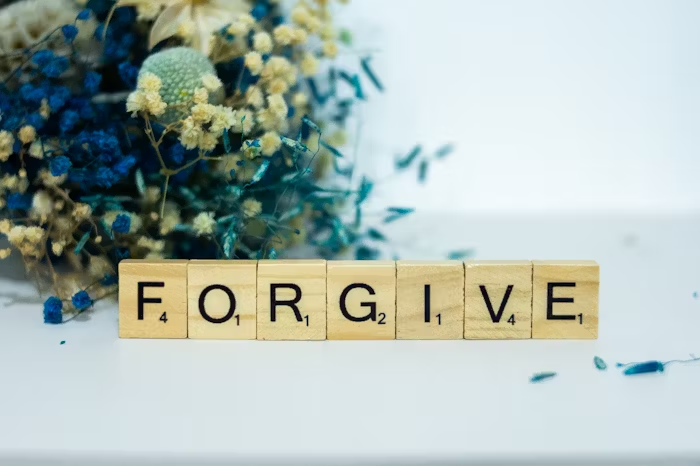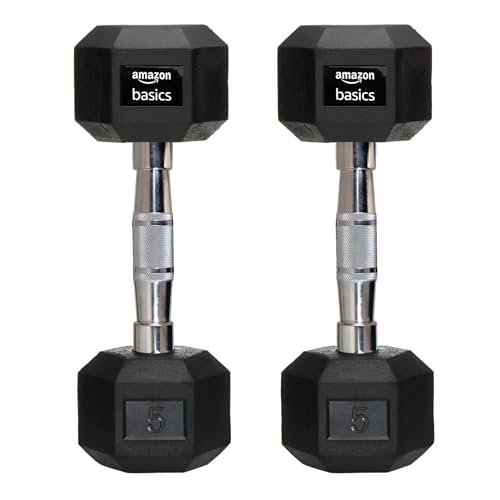Forgiveness is a word that carries immense weight. It is the key to freeing ourselves from the chains of resentment, anger, and pain. But how often do we truly embrace its power? Practicing forgiveness isn’t just about pardoning someone else — it’s a gift we give to ourselves, unlocking the doors to emotional freedom, healthier relationships, and inner peace.
This article explores why practicing forgiveness is essential, how it benefits your overall well-being, and practical steps to integrate forgiveness into your life. Let’s dive into the transformative power of forgiveness.
What is Forgiveness? A Misunderstood Concept
Forgiveness is often misunderstood as condoning hurtful behavior or forgetting the pain caused by others. However, it’s much deeper and more empowering than that. At its core:
- Forgiveness is letting go of negative emotions like anger, bitterness, or resentment.
- It is a conscious decision to release the grip of past wrongs on your present and future.
- It doesn’t mean excusing actions but choosing not to let them control you.
When we understand forgiveness as an act of self-liberation, its transformative power becomes clear.

The Psychological Benefits of Forgiveness
1. Reduces Stress and Anxiety
Holding onto anger or resentment keeps our minds in a state of perpetual stress. Studies reveal that forgiveness can significantly lower cortisol levels, the body’s primary stress hormone.
By forgiving, you allow your mind and body to enter a state of relaxation and calm, reducing symptoms of anxiety and depression.
2. Improves Mental Health
Unforgiveness creates emotional baggage that weighs down your mental health. When you forgive:
- You experience a boost in self-esteem.
- Your emotional resilience improves.
- You feel more in control of your emotions and responses.
3. Breaks the Cycle of Rumination
Do you find yourself replaying past wrongs over and over in your mind? Forgiveness helps break this cycle by shifting your focus from pain to healing.
The Physical Benefits of Forgiveness
1. Better Heart Health
Studies have found that forgiving individuals have lower blood pressure and better heart health. Holding grudges is linked to cardiovascular problems, while forgiveness promotes relaxation and reduces strain on your heart.
2. Stronger Immune System
Forgiveness contributes to overall wellness by strengthening your immune system. Emotional stress can weaken immunity, making you more susceptible to illness. By forgiving, you help your body stay healthy.
3. Improved Sleep Quality
Forgiveness can lead to better sleep. When you release anger and resentment, your mind is no longer preoccupied with past grievances, allowing for restful nights.
The Social Power of Forgiveness
1. Healing Relationships
Whether it’s a romantic partner, family member, or friend, forgiveness can repair and strengthen relationships. It creates space for open communication, understanding, and rebuilding trust.
2. Fostering Empathy
When you forgive, you develop a deeper sense of empathy. You recognize the humanity in others, understanding that everyone makes mistakes.
3. Creating a Ripple Effect
Forgiveness inspires others. When you demonstrate the courage to let go, it encourages those around you to do the same, fostering a more compassionate and supportive environment.
Forgiveness and Emotional Freedom
Forgiveness liberates you from the emotional chains of the past. When you hold onto resentment, you remain tethered to the source of your pain, allowing it to control your thoughts and emotions. Forgiveness breaks this link, granting you the freedom to:
- Focus on the present.
- Experience joy and gratitude.
- Build a brighter future.
The Spiritual Dimension of Forgiveness
Many spiritual traditions emphasize forgiveness as a path to enlightenment and peace. Whether through prayer, meditation, or rituals, forgiveness is seen as a way to cleanse the soul and align with higher purposes.
Why Forgiveness Matters Spiritually
- It promotes inner peace by aligning you with values like love, compassion, and humility.
- It helps you transcend ego-driven emotions like anger and pride.
- It fosters a sense of interconnectedness, reminding us that everyone is part of the same human journey.
Barriers to Forgiveness: Why It’s Hard to Let Go
While forgiveness is powerful, it’s not always easy. Common barriers include:
- Pride: Feeling that forgiving diminishes your worth.
- Fear: Worrying that forgiving makes you vulnerable to further hurt.
- Misunderstanding: Equating forgiveness with forgetting or excusing harmful actions.
Overcoming these barriers requires a mindset shift and a commitment to prioritizing your well-being over holding onto grudges.
How to Practice Forgiveness: A Step-by-Step Guide
Forgiveness is a journey, not a one-time decision. Here’s a roadmap to guide you through the process:
Step 1: Acknowledge Your Pain
Identify the emotions tied to the situation and accept that you’ve been hurt. Suppressing your feelings only prolongs the healing process.
Step 2: Understand the Other Person’s Perspective
Empathy is key to forgiveness. Consider the factors that may have influenced the other person’s actions. This doesn’t excuse their behavior, but it helps you see them as human.
Step 3: Decide to Forgive
Forgiveness is a choice. Commit to letting go of resentment, even if you don’t feel ready. The act of deciding sets the stage for healing.
Step 4: Express Your Feelings
Share your emotions through journaling, talking to a trusted friend, or even directly addressing the person who hurt you (if appropriate).
Step 5: Set Boundaries
Forgiveness doesn’t mean allowing harmful behavior to continue. Establish boundaries to protect yourself while maintaining a forgiving mindset.
Step 6: Focus on the Present and Future
Shift your attention from past grievances to present opportunities and future goals. This helps you reclaim your power and move forward.
Step 7: Practice Self-Forgiveness
Sometimes, the hardest person to forgive is yourself. Let go of guilt and self-blame by recognizing that mistakes are part of being human.
Misconceptions About Forgiveness
To fully embrace forgiveness, it’s important to dispel common myths:
- Forgiveness is not weakness. It takes strength to let go of anger and resentment.
- Forgiveness doesn’t require reconciliation. You can forgive someone without maintaining a relationship with them.
- Forgiveness isn’t immediate. It’s a process that unfolds over time.
Examples of Forgiveness in Action
Nelson Mandela
Mandela’s forgiveness of his oppressors after 27 years in prison is a testament to its transformative power. His ability to let go of resentment helped unite a divided nation.
Everyday Acts of Forgiveness
Forgiveness isn’t limited to grand gestures. It’s in the small, daily choices to let go of grudges, whether it’s forgiving a rude coworker or a friend who let you down.
The Role of Forgiveness in Relationships
Forgiveness is the glue that holds relationships together. Without it, every mistake or misstep can erode trust and connection. Practicing forgiveness in relationships involves:
- Communicating openly about feelings.
- Prioritizing empathy over blame.
- Seeing mistakes as opportunities for growth.
Practical Forgiveness Exercises
1. The Forgiveness Letter
Write a letter to the person who hurt you (you don’t have to send it). Express your feelings and your decision to forgive.
2. Guided Meditation
Practice forgiveness meditations that focus on releasing anger and cultivating compassion.
3. Gratitude Journaling
Focus on the positive aspects of your life to shift your perspective from pain to gratitude.
Why Forgiveness is More Important Now Than Ever
In today’s world, divisiveness and conflict are prevalent. Forgiveness has the power to:
- Heal personal and societal wounds.
- Bridge divides between individuals and communities.
- Foster a culture of compassion and understanding.
Forgiveness is not just an act; it’s a way of life. By choosing to forgive, you reclaim your power, prioritize your well-being, and open the door to a brighter, more peaceful future.
Whether it’s forgiving others, yourself, or the circumstances that life throws your way, embracing forgiveness is one of the most profound gifts you can give — to yourself and the world around you.
Let go, and watch how your life transforms.














